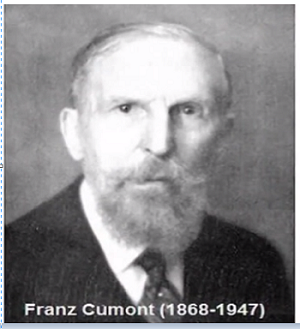 "The Council of Orleans (538), while protesting [p.106] against an excessive Sabbatarianism, forbade all field work under pain of censure; and the Council of Macon (585) laid down that the Lord's Day 'is the day of perpetual rest, which is suggested to us by the type of the seventh day in the law and the prophets,' and ordered a complete cessation of all kinds of business.
How far the movement had gone by the end of the 6th cent. Is shown by a letter of Gregory the Great (Pope 590-604) protesting against the prohibition of baths on Sunday.
"The Council of Orleans (538), while protesting [p.106] against an excessive Sabbatarianism, forbade all field work under pain of censure; and the Council of Macon (585) laid down that the Lord's Day 'is the day of perpetual rest, which is suggested to us by the type of the seventh day in the law and the prophets,' and ordered a complete cessation of all kinds of business.
How far the movement had gone by the end of the 6th cent. Is shown by a letter of Gregory the Great (Pope 590-604) protesting against the prohibition of baths on Sunday.
Nasarene Sabbath keepers denounced as Antichrist by Pope Gregory I (590-604)
"Gregory, servant of the servants of the God,
to his most beloved sons the Roman citizens.
It has come to my ears that certain men of perverse spirit have sworn among you some things that are wrong and opposed to the holy faith, so as to forbid any work being done on the Sabbath day.
What else can I call these but preachers of Antichrists, who, when he comes, will cause the Sabbath day as well as the Lord's day to be kept free from all work. For, because he pretends to die and rise again, he wishes the Lord's day
to be had in reverence; and, because he compels the people to Judaize that he may bring back the outward rite of the law,
and subject the perfidy of the Jews to himself, he wishes the Sabbath to be observed.
Pope Gregory, I was alluding to the following passage in Daniel, which is speaking of the little horn, the Antichrist.
In reality, it was his Roman predecessors who changed the ancient Lunar Sabbath times, not their surviving remnants trying to preserve this ancient practice.
|
|